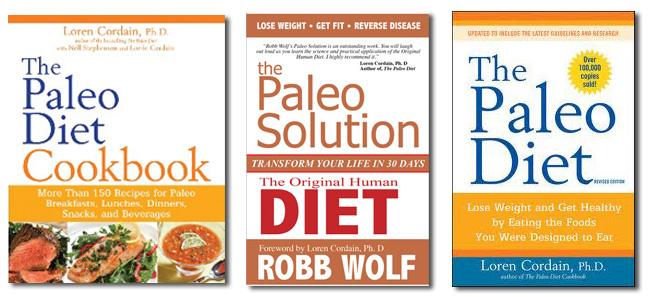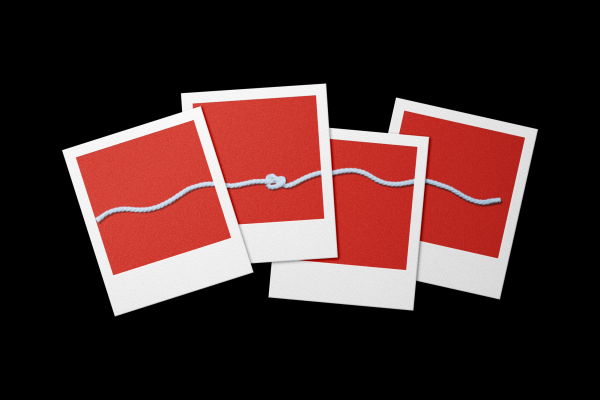Dieting Should Be Used With Caution
With the New Year, many people often make resolutions to change their lifestyles for the better. In fact, losing weight is one of the most common New Year’s resolutions people try to go through with, and diets seem to be a popular way to achieve that.
However, dieting is also the resolution that fails the most often; by this time many people have already fallen off the wagon. Although this can be a discouraging experience, I don’t think that dieting is necessarily even a good thing to begin with.
Fad diets have been a powerful trend for many years now, starting with household names such as Atkins and South Beach. In fact, fitness in general has become a huge trend lately, and one of the accompanying diets that have surged in popularity is the paleolithic or “caveman” diet.
The paleo diet is what dieticians suppose were the eating habits of Paleolithic humans, and consists mostly of unprocessed proteins and fiber (meat and vegetables). The theory is that these are the foods that our ancestors survived and thrived upon during the Agricultural Revolution, and therefore the foods that humans are naturally predisposed to. Supporters of the paleo diet often attribute strong claims to it, citing reduced acne and obesity, as well as reduced chances of such serious diseases as cancer, myopia and type 2 diabetes as benefits. It is gluten-free, low in sugar and high in protein, which is ideal for losing weight and gaining muscle.
However, the diet is not without its cons. It is strict and limiting, eliminating cereal grains, dairy products, salt, refined vegetable oils, potatoes and even legumes from consumption. The meats available to humans now are also less lean than the meat of the Stone Age; commercial cows are stuffed with feed with the direct purpose of creating fatty, juicy steaks. Another important thing to consider is that the average lifespan of the paleolithic human ranged in the 20s and 30s, as compared to the 70s and 80s of now. Not to mention, entire food groups (dairy and grains being examples) are cut out. Is it really wise to adopt a paleolithic diet, then?
This debate is similar to that of all other diets, such as veganism – the practice of abstaining from the consumption of any animal products – and the ketogenic diet – a lesser known high fat and protein, low carb diet that forces the body to burn fats rather than carbs. There is no diet that does not have pros and cons. The question for each specific one is whether the benefits outweigh the potential harm to the body.
A truly healthy diet should be balanced, without cutting out any food groups or focusing too much on any one. There is a reason certain foods exist in nature: to nourish the body. Eliminating carbs or dairy may give quick and easy results for weight loss and appearance, but those are temporary fixes that will later have consequences on the metabolism. The paleo diet might make you look and feel good for a few months or years, but it may not have the best long-term repercussions.
The best way to stay healthy is to maintain a regular diet without overindulging in any extremes, and to pair this with exercise, lots of water and a generally healthy lifestyle. Thinking of the way you eat as a method of energizing your body, instead of obsessing about fat, will ultimately lead to a slow, healthy process of weight loss that will be easy to maintain through the years. If you simply must diet, you should make sure to thoroughly research all of the effects of the diet you choose – not just in terms of weight loss, but overall health – and find information from credible sources such as your doctor or an official website.
Your donation will support the student journalists of McNeil High School. Your contribution will allow us to purchase equipment and cover our annual website hosting costs.






